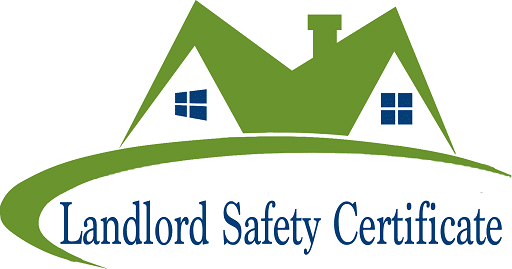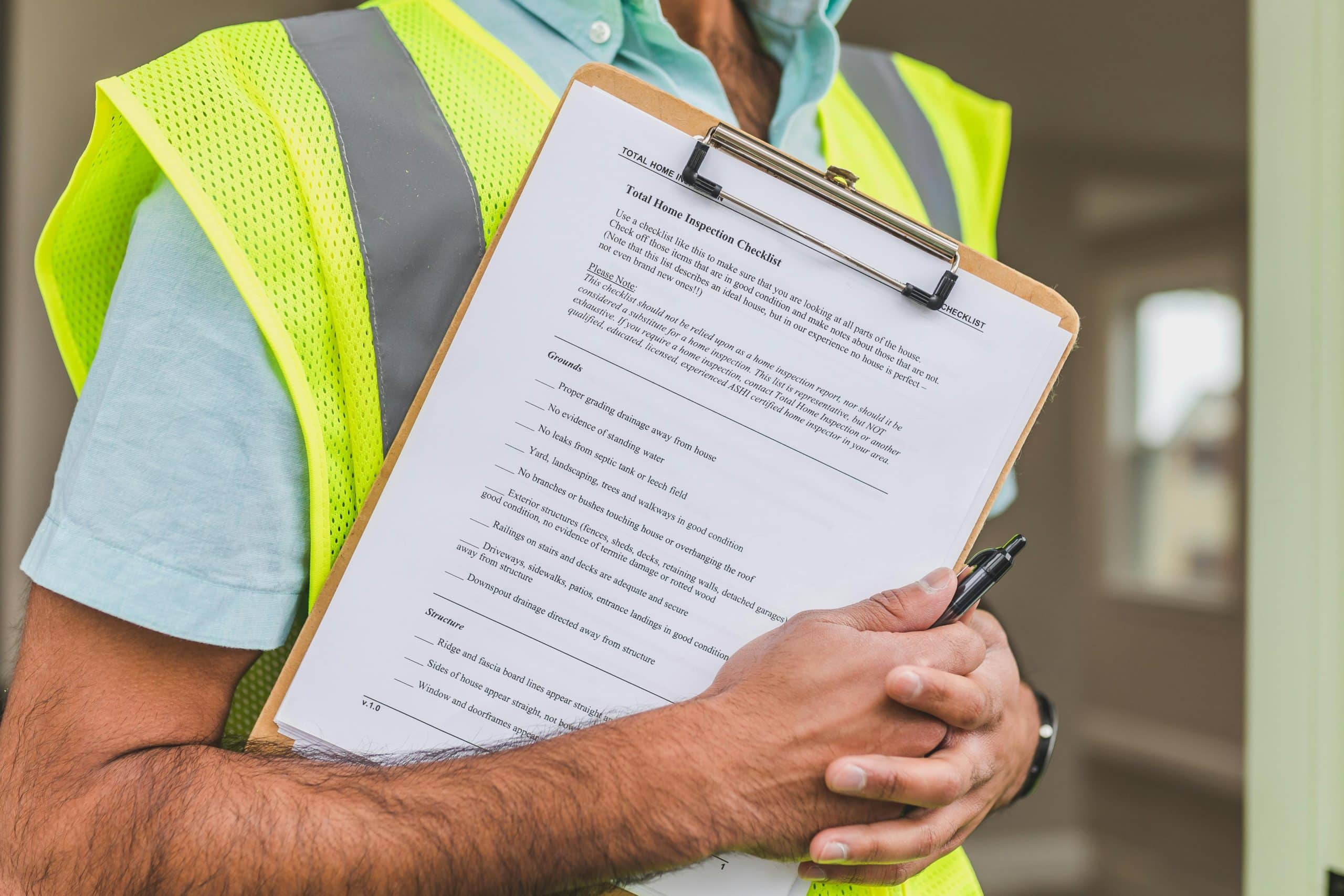
As the rental market in London continues to grow, so does the responsibility on landlords to ensure their properties meet strict safety and legal standards. One of the key areas where this responsibility is most evident is in the requirement for landlord safety certificates.
For landlords in the capital, understanding and complying with these requirements is not just a legal necessity—it’s a critical part of protecting tenants, preserving property value, and avoiding penalties.
In this article, we’ll explore why landlord safety certificates in London are so essential, what types of certificates are required, how they relate to rental property compliance, and the risks landlords face if they ignore these important obligations.
Landlord safety certificates are official documents that confirm a rental property has been inspected and meets required safety standards. These certificates are issued by qualified professionals after inspecting different aspects of the property, such as gas systems, electrical wiring, energy efficiency, and fire safety.
In a city as highly regulated as London, rental property compliance is taken seriously by local authorities. Having valid safety certificates isn’t just recommended—it’s mandatory for all landlords who rent out property.
There are several reasons why landlord safety certificates in London are essential:
There are several key certificates that landlords in London must obtain to ensure full rental property compliance:
Failing to obtain the proper landlord safety certificates in London can lead to serious consequences. These include:
• Fines and Legal Action: Councils can issue penalties of up to £30,000 for non-compliance.
• Criminal Charges: In cases involving injury or death, landlords can face criminal prosecution.
• Eviction Barriers: If safety certificates are not in place, landlords may be unable to serve a Section 21 notice to legally evict tenants.
• Insurance Issues: As mentioned earlier, lack of compliance can lead to insurance claims being denied.
• Tenant Disputes: Tenants may withhold rent or take legal action if they feel unsafe or neglected.
To stay on top of rental property compliance, London landlords should:
• Keep a compliance calendar and track expiry dates of each certificate.
• Work with trusted, certified professionals for inspections.
• Conduct regular maintenance checks.
• Communicate openly with tenants and address safety concerns quickly.
• Consider working with a property management company to handle certificates and inspections.
In a busy and competitive market like London, landlord safety certificates are more than just paperwork—they are the foundation of safe, compliant, and successful rental property management. Whether you’re managing a single flat or a portfolio of rental homes, staying compliant protects your tenants, your investment, and your reputation.
If you’re a landlord in the capital, don’t wait for problems to arise. Ensure your landlord safety certificates in London are up to date and fully aligned with all rental property compliance requirements. Doing so not only keeps you on the right side of the law but also gives your tenants confidence that they are living in a secure and well-maintained home.

